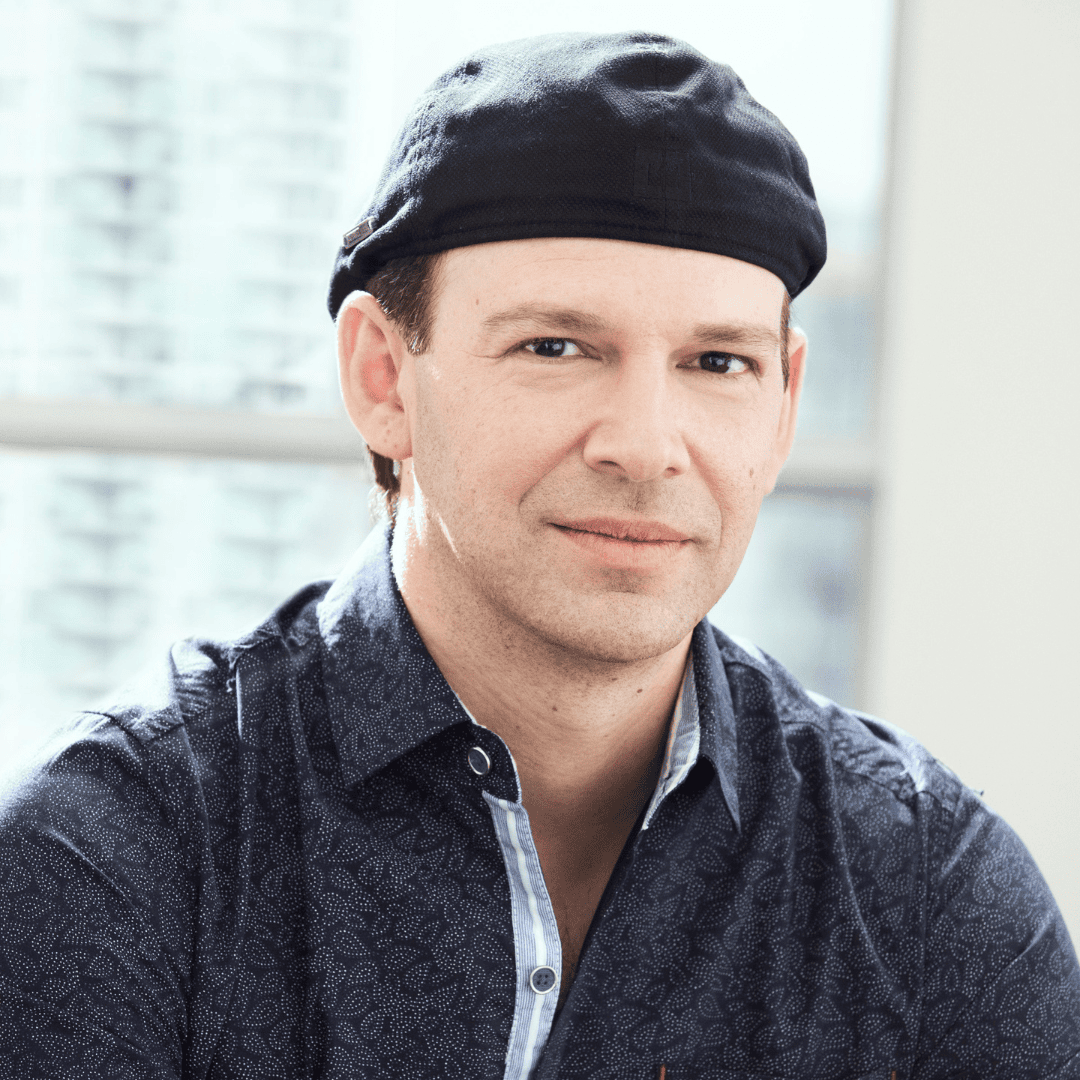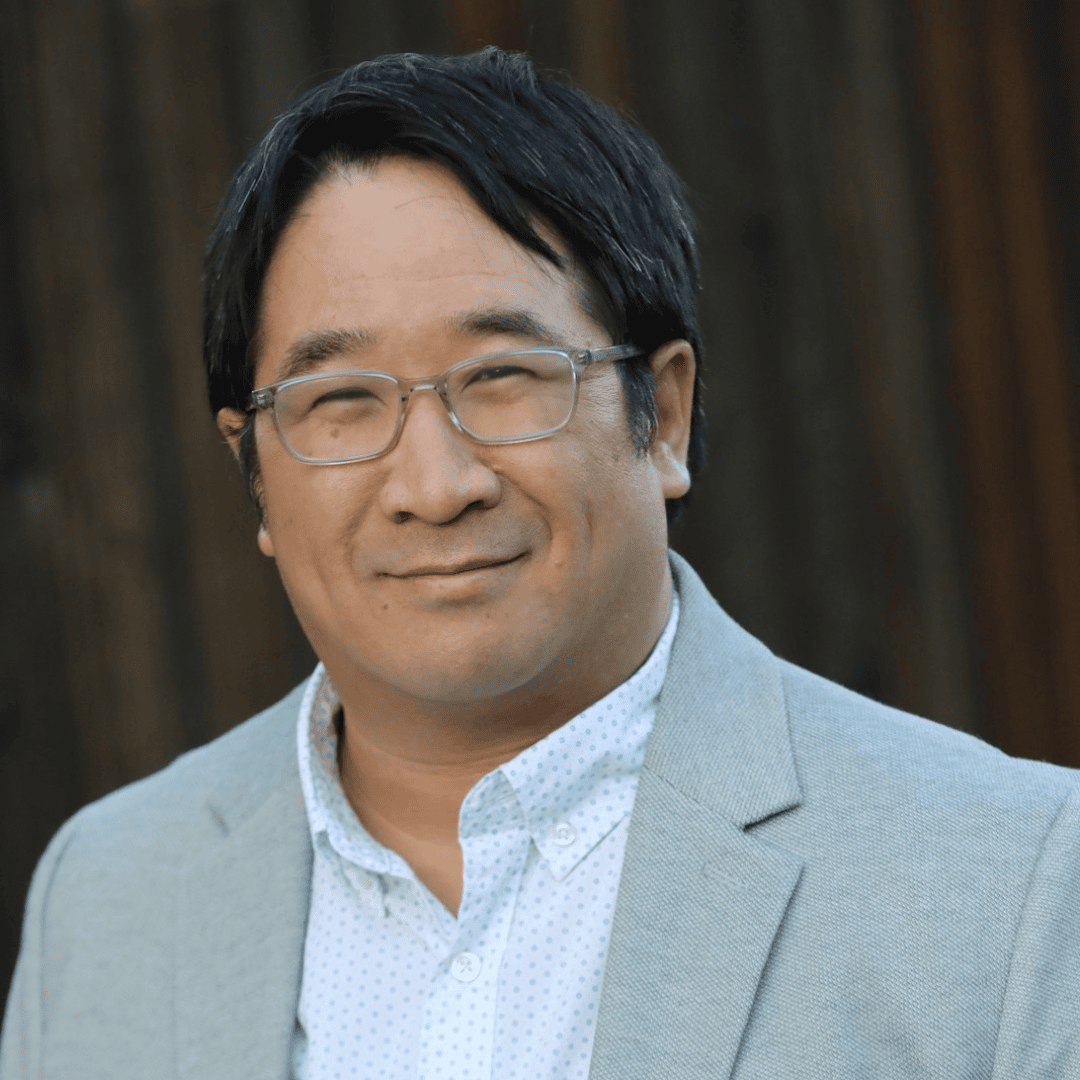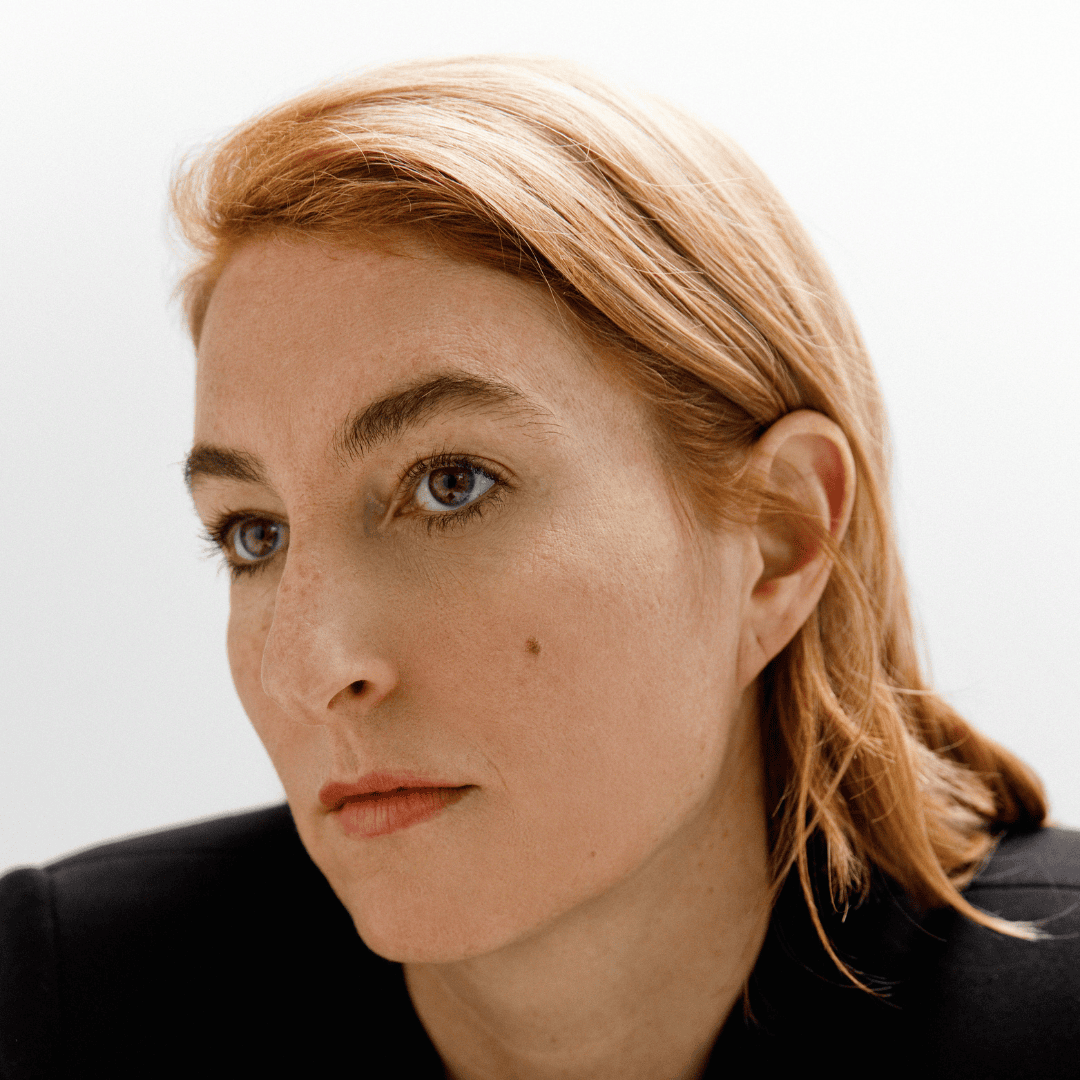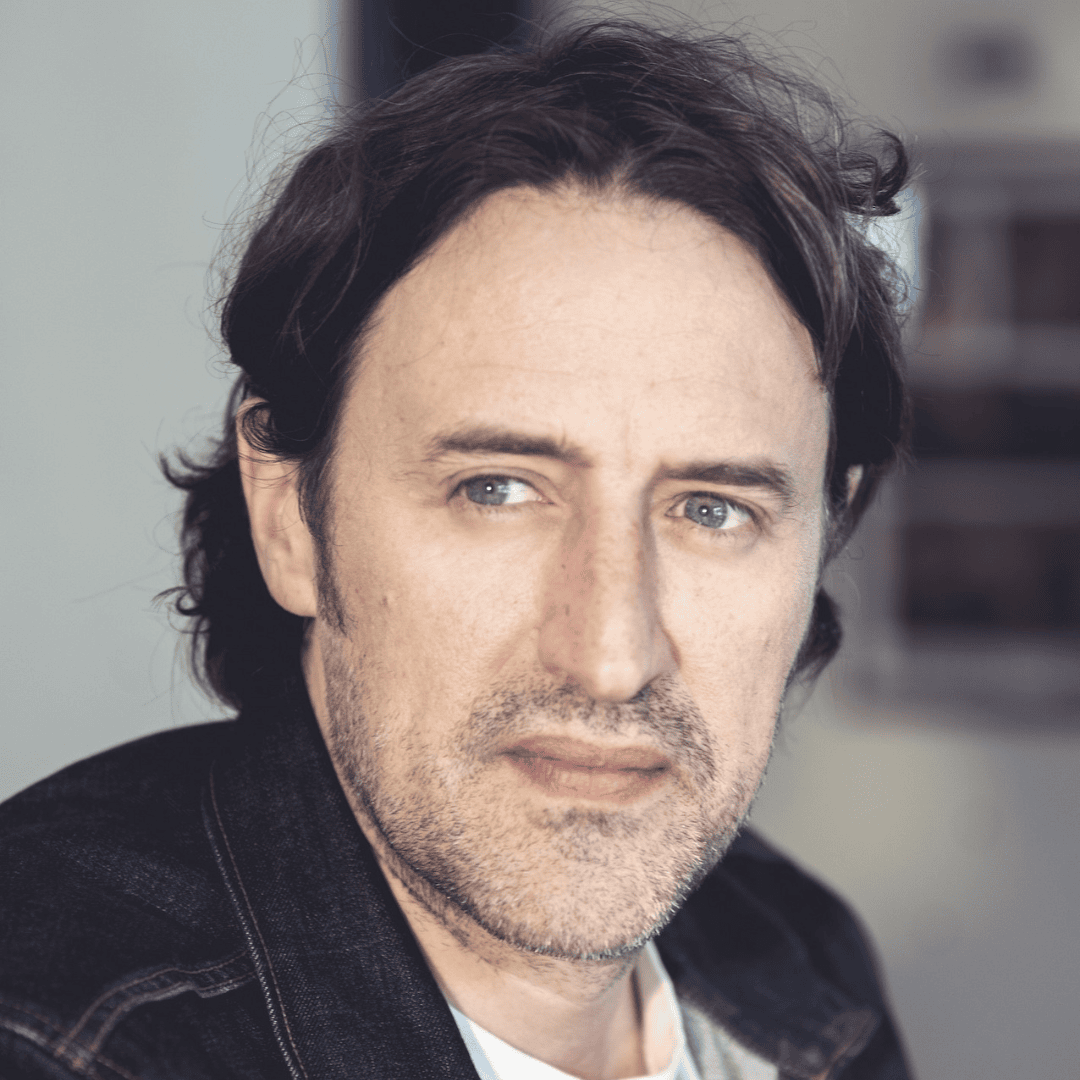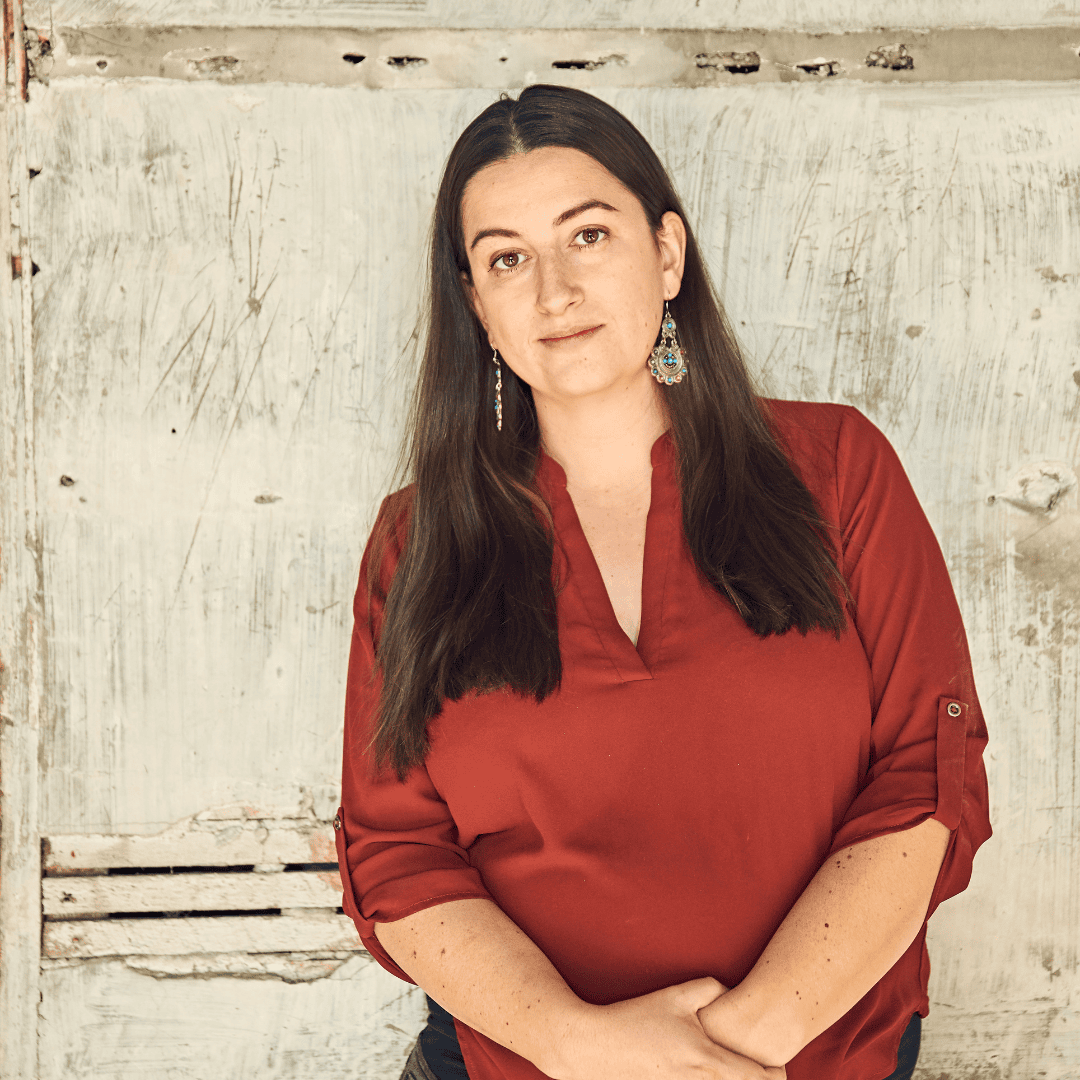Writer Candidates
The SOCAN Board of Directors is comprised exclusively of SOCAN members. They are elected by and accountable to its members. The Board is responsible for working with the SOCAN leadership team to set and manage the strategic plan for the company, approval of budgets and working with the CEO to develop, implement and monitor policy that allows SOCAN to carry out its work.
Meet the candidates below.



